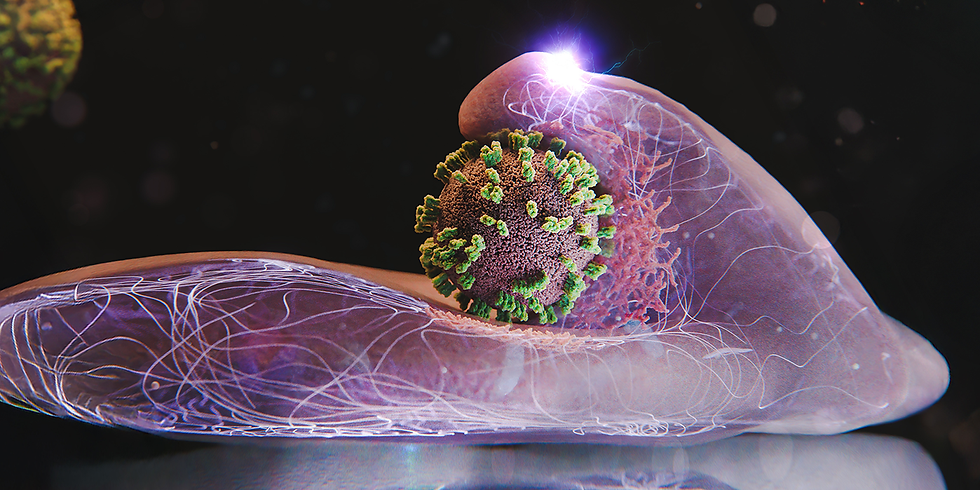Organoids reveal weapons from aggressive bacteria
- Jun 16, 2025
- 1 min read

Research from Sweden has revealed how aggressive Shigella bacteria cause severe gut infections by using organoids to study the infection process.
Shigella, bacteria responsible for over 200,000 deaths annually, particularly among young children, causes serious intestinal inflammation and has lacked suitable human models to study the infection process.
Scientists at EARA Member Uppsala University used 3D human intestinal organoids, derived from stem cells purified from surgical waste, to examine how Shigella colonises and invades the intestinal cells.
Researchers used a random gene knockout technique, which disables gene function, and identified 100 Shigella genes that are essential for aggressive human tissue colonization.
“This list is a goldmine for understanding the progression of infections and for developing new treatments that can ‘turn off’ the bacteria’s pathogenic behaviour,” says Mikael Sellin from Uppsala University, leader of the team responsible for the study.
The team is now going to use this model to study other infections that lack appropriate models and to explore drug targets that can neutralise Shigella’s unveiled infection mechanisms.
This study was published in Nature Genetics.



